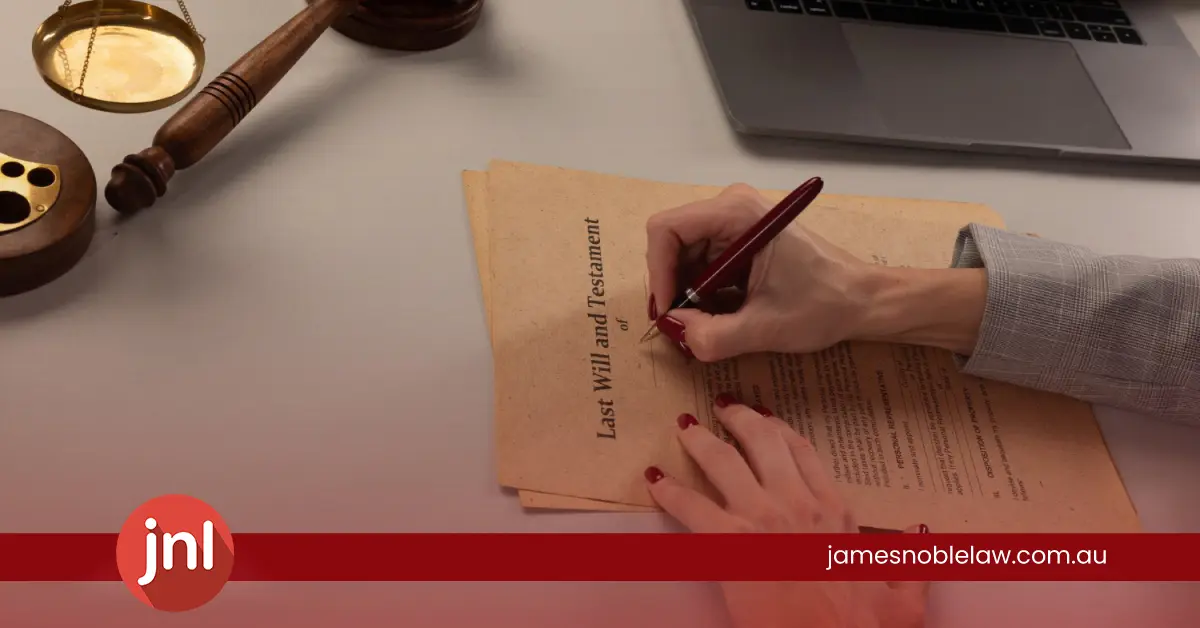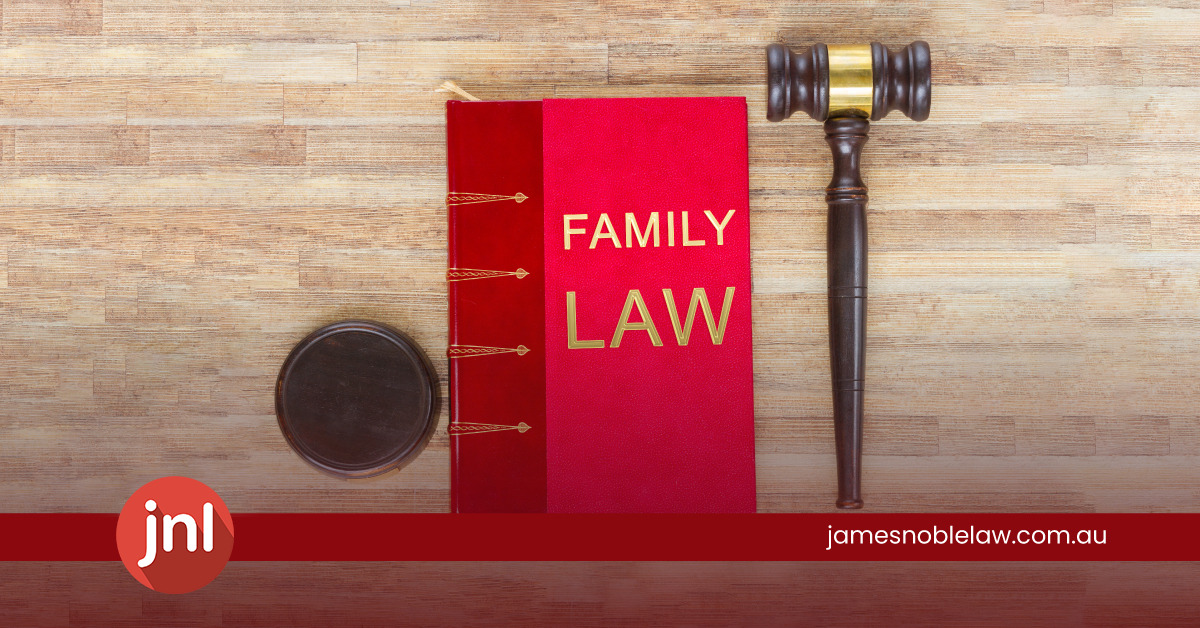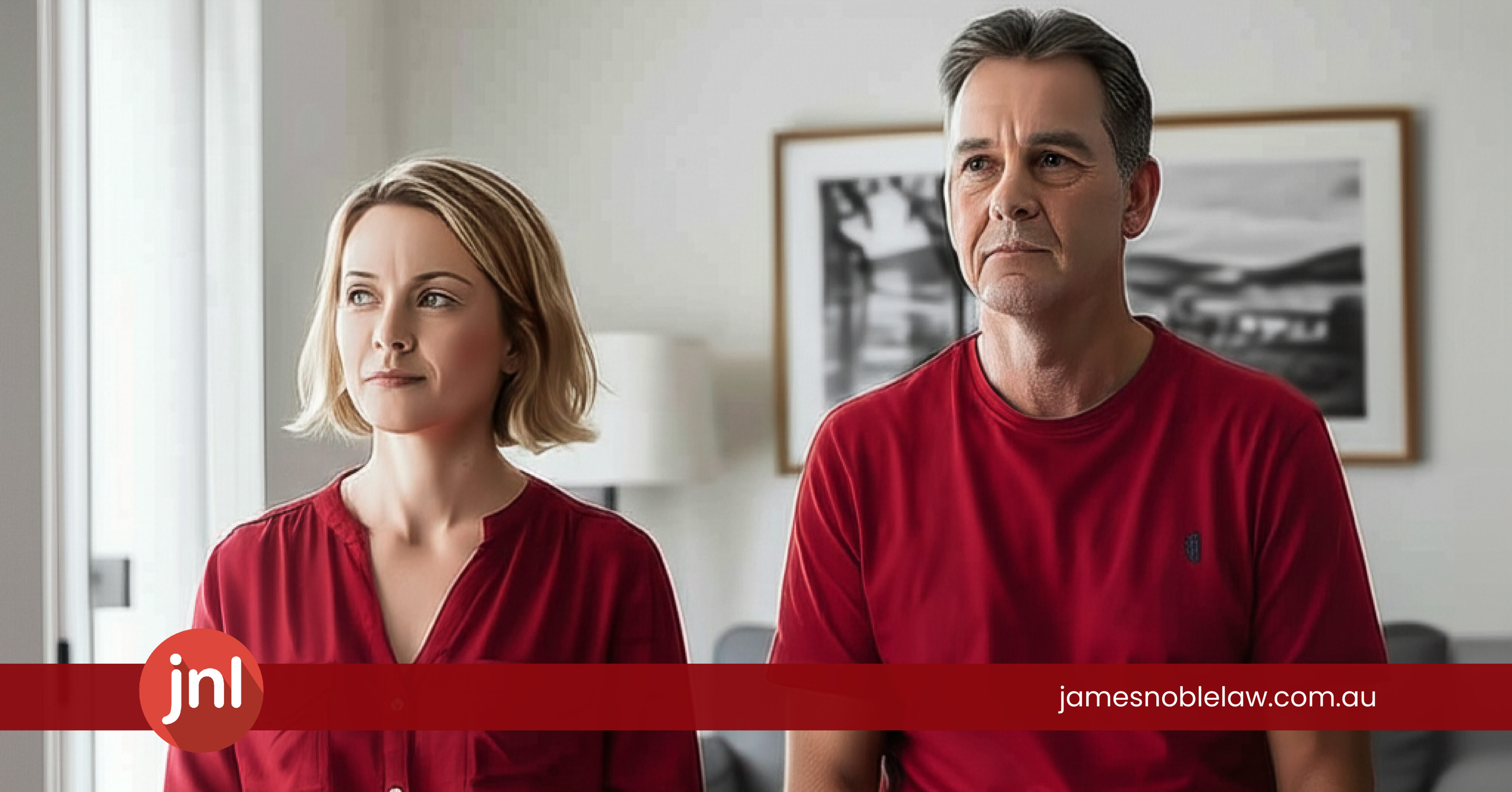Latest blog posts
Understanding the Role of Family Reports in Cairns Family Court
Family court cases in Cairns, Australia, often involve complex issues related to children and parenting matters. In these cases, the role of a family report is pivotal. It serves as a valuable tool for the family court to make informed decisions that prioritise the best interests of the children involved. In this blog, we will delve into the significance of family reports in Cairns family court cases and how they contribute to fair and just outcomes. What Is a Family...
Read More
A Guide to Writing a Will in Cairns, Australia
A will is a legal document that outlines your wishes regarding the distribution of your assets and the care of your dependents after your passing. In Cairns, Australia, writing a will is a fundamental step in estate planning, ensuring that your assets are managed according to your desires. In this blog, we will guide you through the process of writing a will in Cairns, addressing key considerations and steps to follow. Why Write a Will? Writing a will is essential...
Read More
Child Relocation Cases in the Cairns Family Law Courts
Child relocation cases in the Cairns Family Law Courts, like in any other jurisdiction, can be emotionally charged and legally complex. These cases arise when one parent seeks to move away with their child or children, and the other parent opposes the relocation. Deciding on such matters is always a challenging task, as it requires the court to balance the interests of both parents while keeping the best interests of the child at the forefront. The Legal Framework In Australia,...
Read More
Co-Parenting Across Distances: Navigating the Holidays with a Relocated Parent and Travel Considerations
The holiday season is a time for joy, togetherness, and making memories, but for families navigating co-parenting when one parent has relocated, it can present unique challenges, especially when travel is involved. Distance does not have to mean disconnection, and with thoughtful planning, co-parents can ensure a harmonious and memorable holiday season for their children, even when travel is on the horizon - Co-Parenting Across Distances Early Travel Planning is Essential Travel can be a significant aspect when one parent...
Read More
Co-Parenting Harmony: Navigating School Holidays in Queensland, Australia
As the school holidays approach in the sunny state of Queensland, Australia, co-parents face the unique challenge of ensuring a smooth and enjoyable break for their children. Balancing work commitments, travel plans, and maintaining a sense of stability for the kids can be demanding. Here are some tips to cultivate a Co-Parenting Harmony and create lasting memories during the school holiday season. Open Communication is Key Kick off the school holiday planning with open communication. Discuss the holiday schedule with...
Read More
Navigating Family Law: Addressing Child Resistance to Spending Time with the Other Parent During School Holidays
In the realm of family law, the challenge of co-parenting can become more complex when a child expresses resistance to spending time with one parent, particularly during school holidays. This situation can be emotionally taxing for both parents. Understanding the options available and approaching the matter with sensitivity is crucial for fostering a healthy co-parenting dynamic. Open Communication with the Child The first step is to engage in open and honest communication with the child. Seek to understand their feelings...
Read More
Navigating Co-Parenting During the Holidays: Tips for a Smooth Christmas Celebration in Brisbane, Australia
The holiday season is a time of joy and celebration, but for families navigating co-parenting arrangements, it can also be a source of stress and challenges. In Brisbane, where the festive spirit is palpable, finding ways to ensure a smooth Christmas celebration for children in shared custody is crucial. Here are some tips to help co-parents in Brisbane create a positive and memorable holiday experience for their children. Open Communication The key to successful co-parenting during the holidays is open...
Read More
Navigating Co-Parenting During the Holidays: Tips for a Smooth Christmas Celebration in Cairns, Australia
As the holiday season approaches in Cairns, Australia, the festive spirit fills the air with excitement. For families navigating co-parenting arrangements, however, the joy of the season can come with its own set of challenges. Ensuring a smooth Christmas celebration for children in shared households requires careful planning and cooperation. Here are some tips to help co-parents in Cairns create a positive and memorable holiday experience for their children. Start with a Clear Plan Begin the holiday season by initiating...
Read More
Impact of Recent Family Law Changes on Cairns Residents
Changes in Family Law Affecting Cairns Residents Family law is a dynamic and ever-evolving field, with regular changes and updates that can significantly impact individuals and families. Cairns, a beautiful city in Queensland, Australia, is no exception to these changes. Recent developments in family law have brought about several important modifications that Cairns’ residents should be aware of. In this blog, we will explore some of the key changes in family law that affect Cairns residents and how these changes...
Read More
Demystifying Family Law in Cairns: A Comprehensive Guide
Understanding Family Law in Cairns: Navigating the Legal Landscape Family law encompasses a wide range of legal issues related to family relationships, including marriage, divorce, parenting arrangements, and property division. If you are facing family law matters in Cairns, Australia, it is essential to understand the legal landscape and the resources available to you. Marriage and Relationship Matters in Cairns Family law in Cairns begins with the formation of a family unit through marriage or de facto relationships. The Family...
Read More
Seeking Help and Change: Resources for Perpetrators of Domestic Violence in Brisbane
Resources for Perpetrators of Domestic Violence in Brisbane Domestic violence is a pervasive issue that affects countless lives, leaving a trail of physical and emotional scars in its wake. While much attention is focused on supporting victims, it is equally essential to address the root of the problem – the perpetrators. Recognising the potential for change, several resources are available to help individuals who have engaged in domestic violence to break the cycle of abuse and learn healthier ways of...
Read More
Fulfilling Client’s Duty of Disclosure in Cairns Family Law Matters
Client's Duty of Disclosure in Family Law Matters in Cairns, Australia In family law matters in Cairns, Australia, the duty of disclosure is a fundamental legal obligation that all parties involved must adhere to. This duty requires both spouses in a family law dispute to provide full and frank disclosure of their financial circumstances, assets, and liabilities. The purpose of this obligation is to ensure fairness and transparency in resolving family law matters, especially when it comes to property settlements...
Read More
Essential Guide to Child Custody and Parenting Plans in Cairns
Navigating Child Custody, Parenting Arrangements and Parenting Plans in Cairns: What You Need to Know Child custody is a sensitive and complex issue that often arises during or after a divorce or separation. In Cairns, like the rest of Australia, family law prioritises the best interests of the child when determining custody arrangements. Understanding the key issues and legal considerations related to child custody and parenting plans is crucial for anyone going through this challenging process. Understanding Child Custody in...
Read More
Mediation and Conflict Resolution in Cairns Family Law Cases
Mediation and Dispute Resolution in Family Law Matters in Cairns, Australia Family law matters can be emotionally charged and complex, often requiring a delicate approach to resolve conflicts and disputes. In Cairns, Australia, mediation and alternative dispute resolution methods have gained prominence in addressing these issues. By offering a more collaborative and less adversarial approach, mediation provides families with a means to reach fair and mutually agreeable resolutions. In this blog, we will explore the importance of mediation in family...
Read More
Navigating the Divorce Process in QLD: A Step-by-Step Guide
THE PROCESS OF DIVORCE IN QLD: STEP-BY-STEP GUIDANCE TO HELP DEMYSTIFY THE PROCESS The experience of going through a divorce can feel stressful and overwhelming for many couples. For these reasons, the divorce process in Queensland is designed to be as straightforward as possible. To illustrate that the process is not as daunting as it may seem, we have created a step-by-step guide to help you and your spouse navigate the process successfully. BEFORE YOU FILE A DIVORCE APPLICATION, CONSIDER...
Read More
Supporting Children Through Separation: Understanding the Psychological Impact
The Psychological Impact of Separation on Children: Offering guidance on how parents can support their children during and after a separation Separation can be devastating for all individuals involved, particularly when there are children in the picture. Extensive social science research demonstrates that the effects of separation upon children can manifest in multiple ways throughout their development. A major life change, such as divorce or a de facto relationship breakdown, can foster experiences of unsecure attachment, resentment, loneliness, confusion, loss...
Read More
Aboriginal Child Protection : Safeguarding Aboriginal and Torres Strait Islander children
In representing Aboriginal and Torres Strait Islander children, there are clear and specific issues that the ICL must consider. Foremost of these is section 60CC of the Family Law Act 1975 that specifies that in considering the best interests of a child, the court must consider the child’s right to enjoy his or her Aboriginal or Torres Strait Islander culture (including the right to enjoy that culture with other people who share that culture); and the likely impact any proposed...
Read More
Family Violence and Abuse – Cross-Cultural and Religious Matters
Family Violence and Abuse Independent Children's Lawyers (ICLs), like all family law practitioners, must be well-versed in the following: The Family Law Act 1975 and associated Family Law Rules The Family Violence Best Practice Principles of the Federal Circuit and Family Court of Australia and the Family Court of Western Australia Any relevant best practice guidelines and inter-agency protocols with state and territory departments responsible for investigating child abuse Family violence and abuse are critical considerations under section 60CC of...
Read More
General procedures to be followed when an ICL has been appointed
Who should be advised? The ICL must file and serve an Address for Service to advise the court and the parties of their appointment. The ICL is to advise all necessary agencies, for example, the Federal Circuit and Family. Court’s Court Children’s Service and the State Welfare Authority, of their appointment. To the extent that such information has not been made available as a result of responses to Notices of Child Abuse, Family Violence or Risk, the ICL is to...
Read More
Relationship Between a Child and an Independent Children’s Lawyer (ICL) in Family Law
Professional Relationship between a Child and an ICL The child has a right to establish a professional relationship with the ICL. In considering any views expressed by the child and the steps to be taken in a matter the ICL is to be aware: that each child will have different emotional, cognitive and intellectual developmental levels, family structures, family dynamics, sibling relationships, religious and cultural backgrounds; and that children are vulnerable to external pressures when caught in disputes involving their...
Read More






















